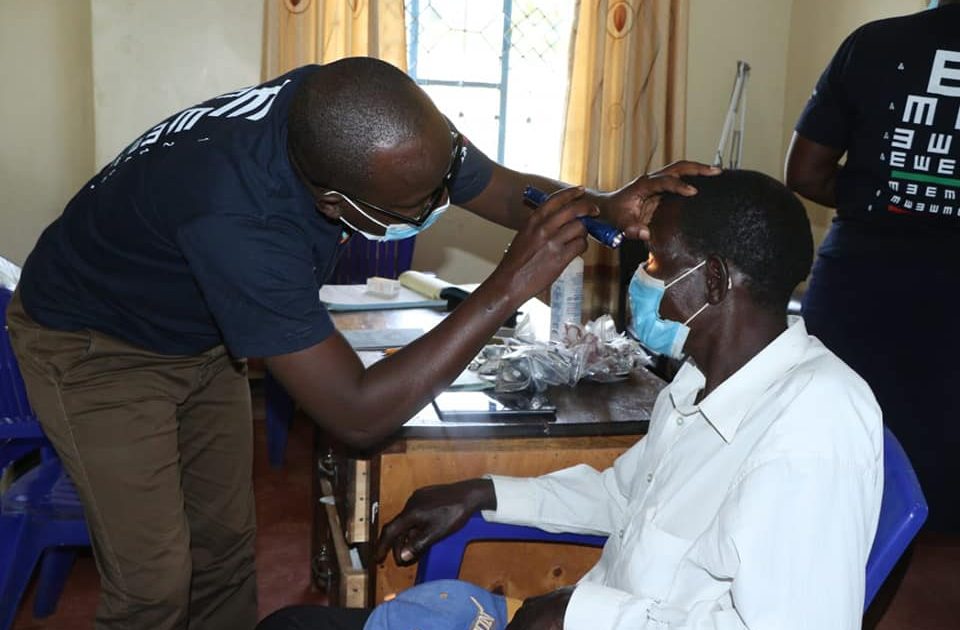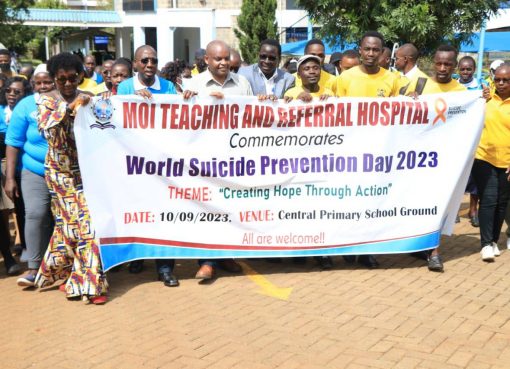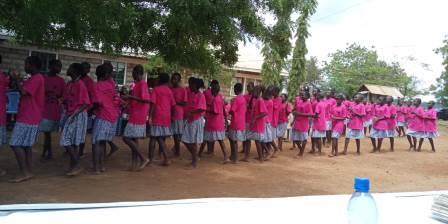More than six thousand persons afflicted with eye ailments from Nakuru County are set to benefit from a two-day free eye clinic organized by the County Government in partnership with Charity Vision through the Hindu Council.
The camp which will be held at the County Teaching and Referral Hospital is targeting locals from all the 11 Sub-Counties who will receive the free cataract medical screening, eye checkups, and treatment.
County Executive Committee Member (CECM) for Health Services Ms Jacqueline Osoro said the event targets persons from poor backgrounds.
She said prior to the camp the Department of Health will embark on mass eye screening across all the sub-counties to map out those who need attention adding that the County will waive eye care costs and medication for all the patients who will be attended to during the camp.
Ms. Osoro regretted that most residents with critical eye illnesses have no access to treatment within the sub-counties, a situation she added forces them to seek the services in other counties including Nairobi, Kisumu, and Kericho.
During the camp, the CEC said cataract eye surgeries will be conducted for free in addition to patients being provided with eye-glasses and other medication.
The CECM was speaking during a meeting with Hindu Council members and partners supporting the medical camp in her office.
“This eye clinic is meant to help those who can’t afford health care and those who can’t even access medical facilities and institutions to get the services,” said Ms Osoro.
She added “I urge residents to take advantage of such health and eye camps since everything is free.”
The CECM said a majority of patients in the County with eye complications have cataracts, glaucoma and refractive errors.
She thanked the Hindu Council and other donors for organizing the frequent free eye clinics, adding that they will go a long way in resolving eye ailments across the country.
Osoro advised Kenyans, especially those who have reached 40 years and above to embrace frequent eye checkups so that in case complications are detected, treatment can be undertaken early.
By Esther Mwangi and Charloth Chepkemoi





